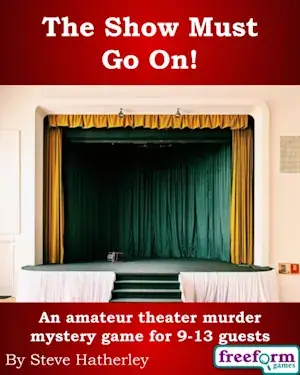Our murder mystery game shop
Our murder mystery game shop – all our games are on this page.
Our new murder mystery game: The Show Must Go On!
The Show Must Go On! is an introductory murder mystery game set at the auditions for an amateur dramatics production of Romeo and Juliet for 9-13 people where the host can play too. It can be played in an hour.
The Show Must Go On! is ideal as an introduction to our style of murder mystery, and can be played in no more than an hour. The host can even play as well! Everyone is in the middle of the action and it will be up to them to wheel and deal to get what they want.
Our murder mystery games
-
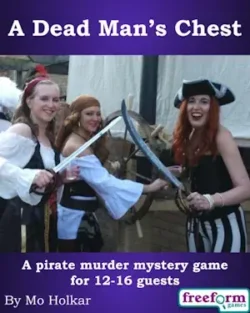
A Dead Man’s Chest
£33.99 -
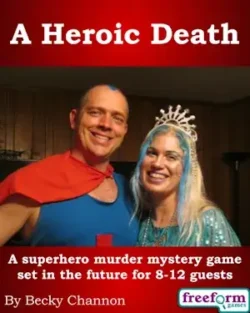
A Heroic Death
£29.99 -
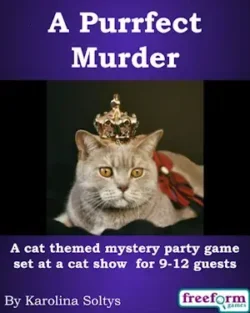
A Purrfect Murder
£29.99 -

A Speakeasy Murder
£40.99 -
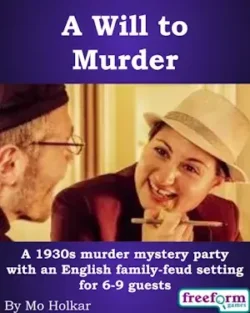
A Will to Murder
£26.99 -

Arabian Nights
£37.99 -

Backstage Business
£37.99 -
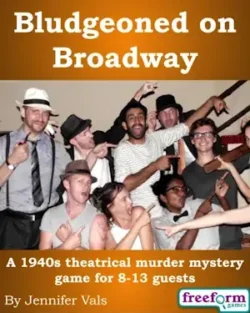
Bludgeoned on Broadway
£29.99 -
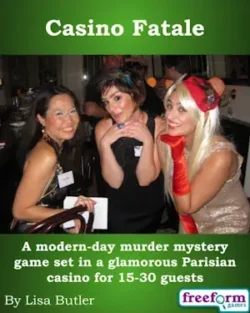
Casino Fatale
£40.99 -

Christmas Lies
£40.99 -

Christmas Reunion with Death
£26.99 -
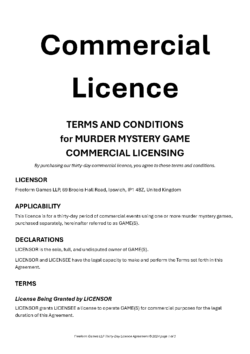
Commercial licence
£37.99 – £222.99 -

Court in the Act
£37.99 -
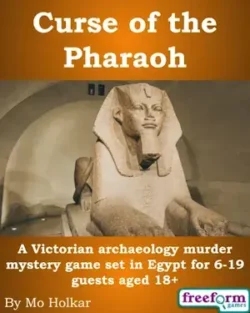
Curse of the Pharaoh
£33.99 -
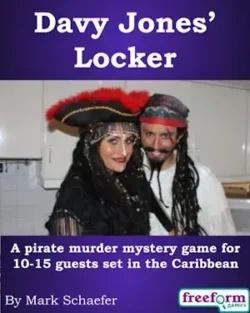
Davy Jones’ Locker
£29.99 -
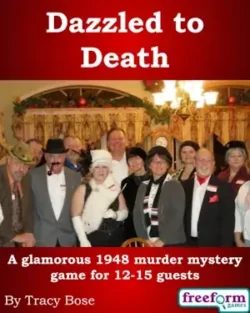
Dazzled to Death
£29.99 -

Death in Venice
£26.99 -
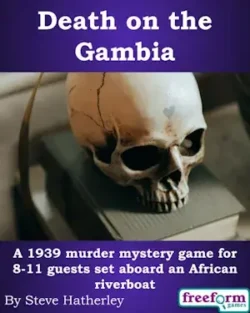
Death on the Gambia
£29.99 -
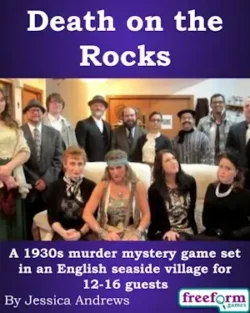
Death on the Rocks
£33.99 -

Halloween Lies
£40.99 -

Happy Birthday R.J.
£29.99 -

Hollywood Lies
£40.99 -
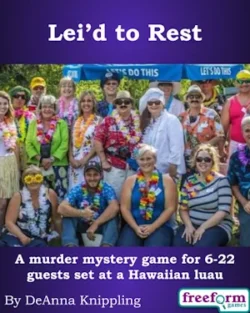
Lei’d to Rest
£33.99 -

Lord and Lady Westing’s Will
£33.99 -
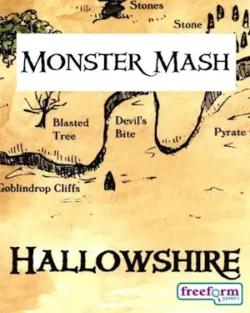
Monster Mash
£14.99 -
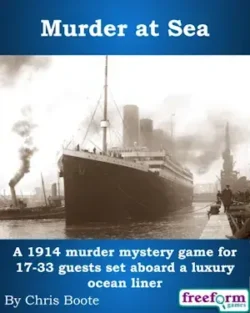
Murder at Sea
£40.99 -
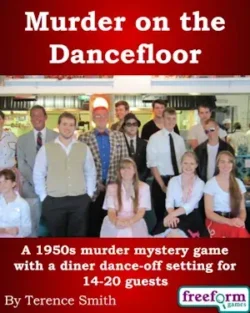
Murder on the Dancefloor
£33.99 -
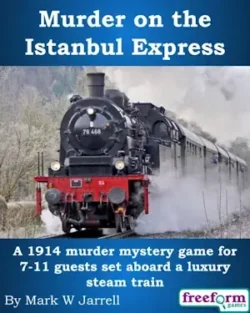
Murder on the Istanbul Express
£29.99 -
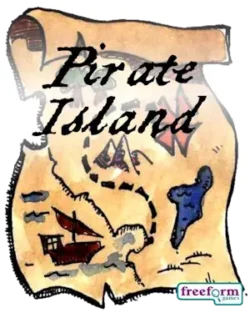
Pirate Island
£14.99 -

Reunion with Death
£26.99 -

Snow Business
£29.99 -
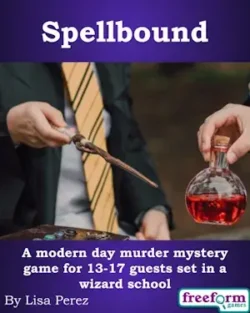
Spellbound
£33.99 -

The Food is to Die For
£29.99 -

The Karma Club
£29.99 -

The Night before Christmas
£29.99 -
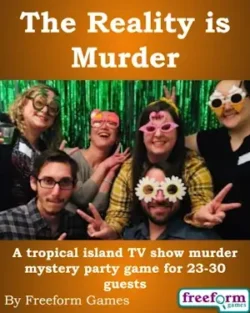
The Reality is Murder
£40.99 -

The Roswell Incident
£29.99 -
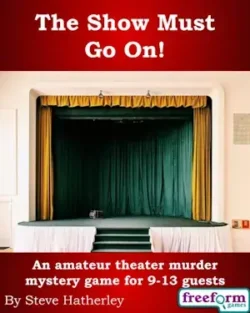
The Show Must Go On!
£14.99 -
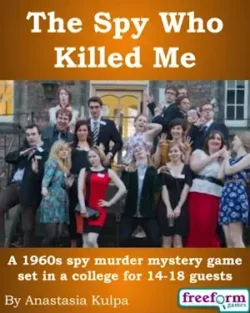
The Spy Who Killed Me
£33.99 -
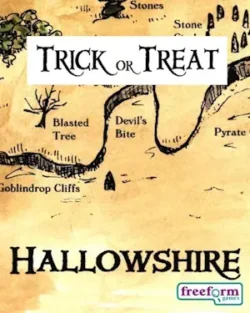
Trick or Treat
£14.99 -

Under the Big Top
£29.99 -
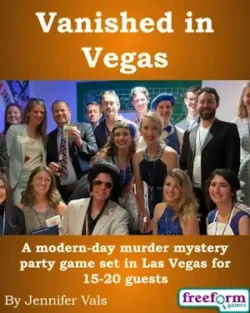
Vanished in Vegas
£33.99 -
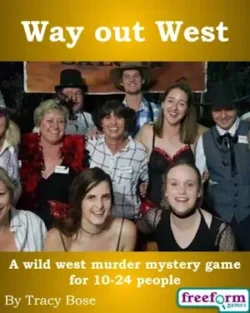
Way out West
£37.99 -
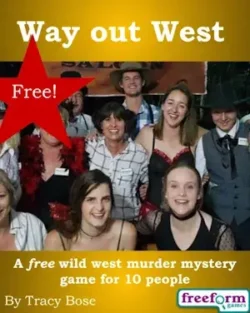
Way out West Free
£0.00 -
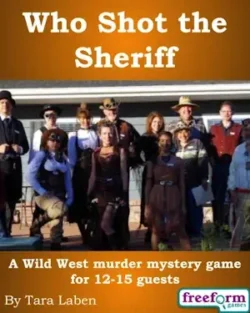
Who Shot the Sheriff
£29.99
Or a theme: black tie, Christmas, Halloween, magic, mythical, nautical, pirates, Shakespearean, showbiz, superhero, western.
Or a size: For up to 9 guests, for 10-15 guests, for 16-25 guests, for 26+ guests.
Or by game mechanic: Games with rules for combat, games with rules for poison, games with neither combat nor poison

